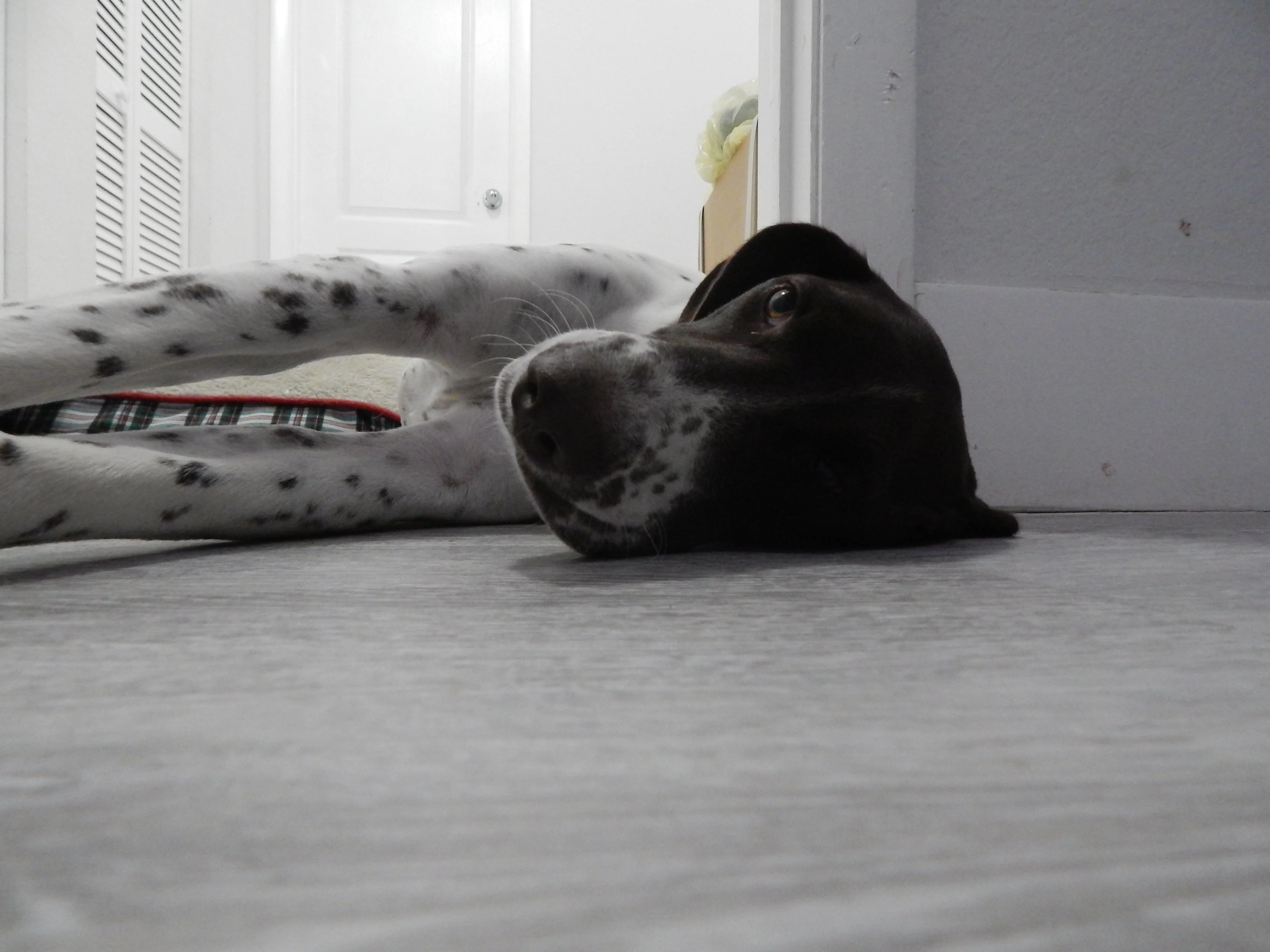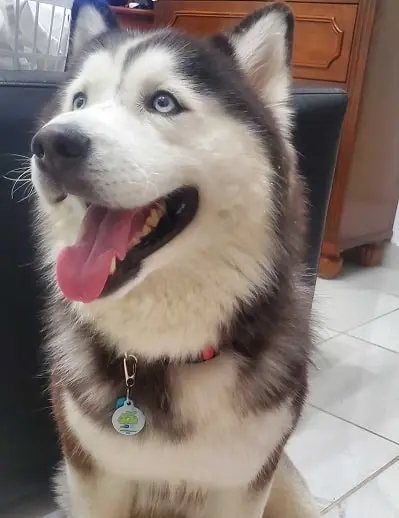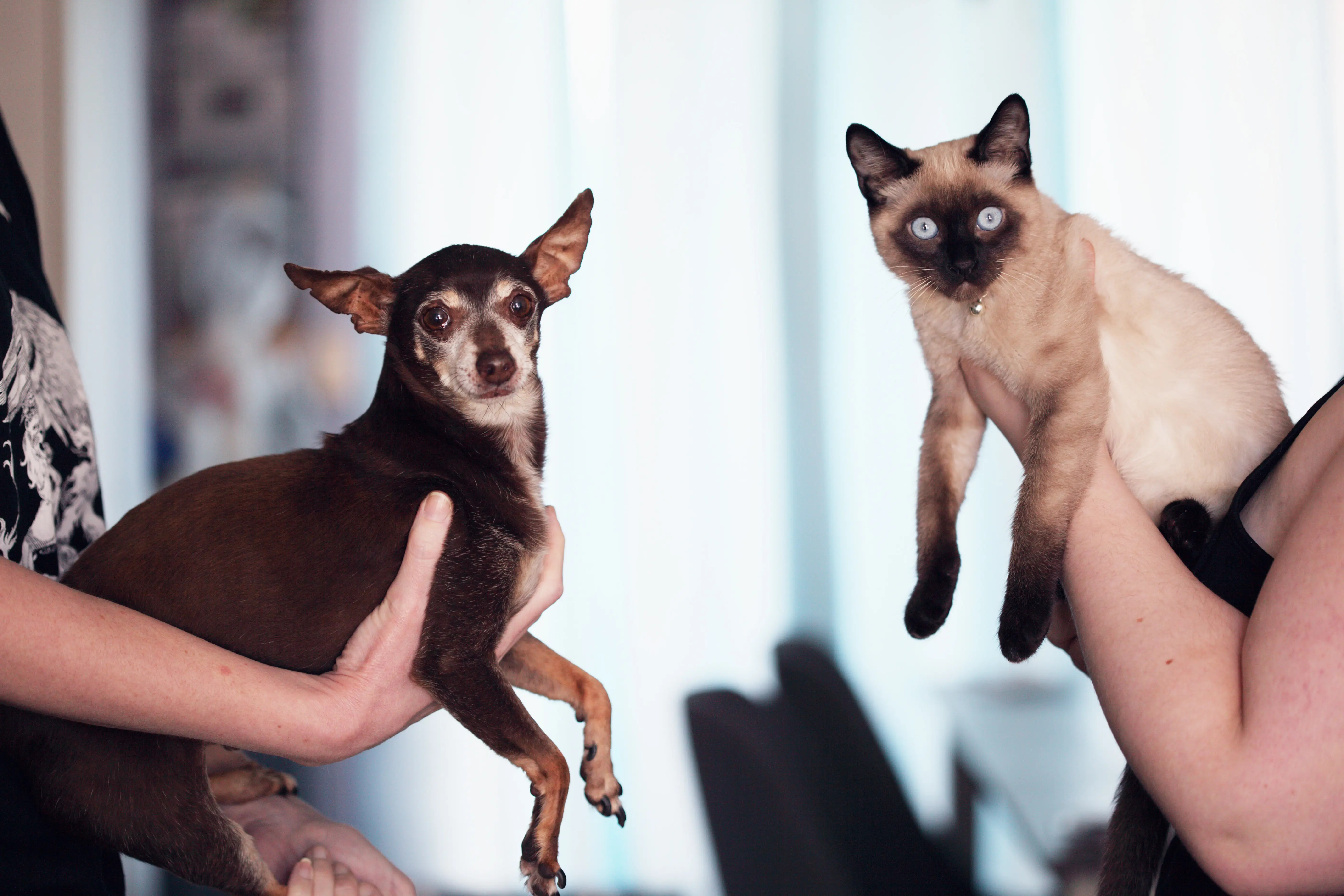
My Dogs Is Constipated

Published on: 2023-04-20
If your dog is constipated, it’s important to address the issue promptly to ensure their health and well-being. Here are some steps you can take:
-
Increase water intake: Make sure your dog has access to plenty of fresh water at all times. Dehydration can exacerbate constipation, so encourage your dog to drink more water by providing clean water in multiple locations or adding water to their food.
-
Adjust diet: Check your dog’s diet and make sure it contains enough fiber. Fiber helps promote regular bowel movements. Consider feeding your dog a high-quality dog food that is formulated for digestive health and includes an appropriate amount of fiber. You can also add fiber-rich foods to your dog’s diet, such as canned pumpkin (not pumpkin pie filling), cooked sweet potatoes, or green beans (plain and unsalted).
-
Exercise: Regular exercise can help stimulate bowel movements in dogs, so make sure your dog gets regular exercise appropriate for their age, size, and health condition. Physical activity can help promote normal digestion and relieve constipation.
-
Consult your veterinarian: If your dog’s constipation persists or worsens despite dietary and lifestyle changes, it’s important to consult your veterinarian. Your vet can perform a thorough examination and may recommend additional treatments, such as laxatives or stool softeners, based on your dog’s individual needs.
-
Avoid home remedies: It’s important to avoid giving your dog over-the-counter laxatives or other medications without consulting your veterinarian first, as some human medications can be toxic to dogs. Stick to veterinarian-recommended treatments to ensure your dog’s safety.
Remember, constipation in dogs can be caused by a variety of factors, including diet, dehydration, lack of exercise, underlying medical conditions, or medications. It’s important to work with your veterinarian to determine the underlying cause and develop an appropriate treatment plan for your dog’s constipation.

